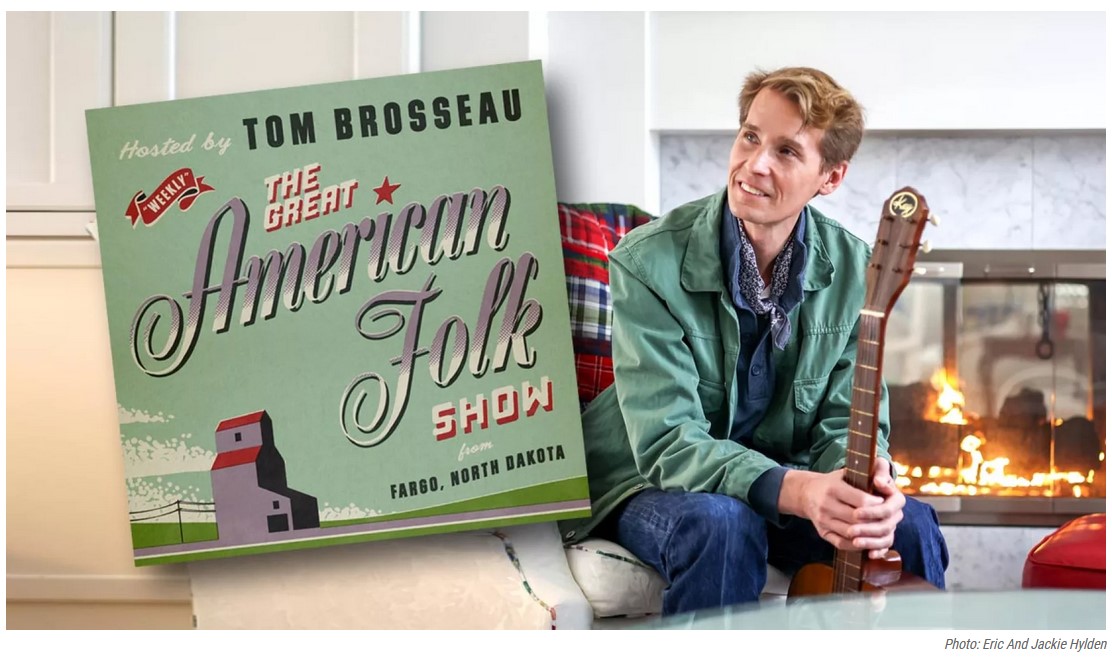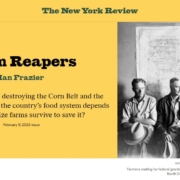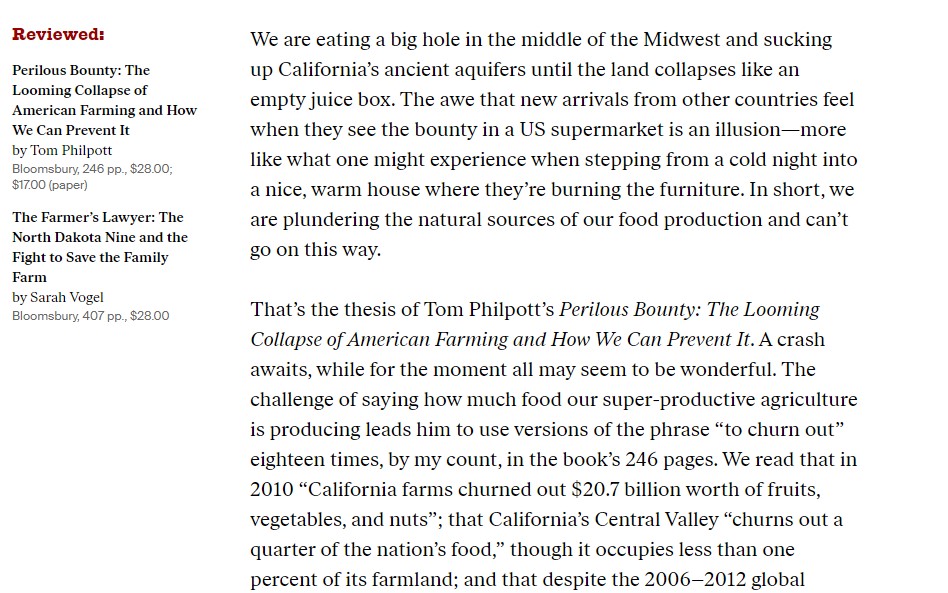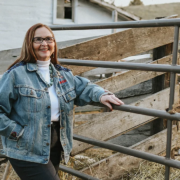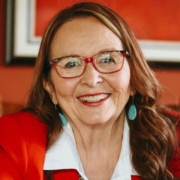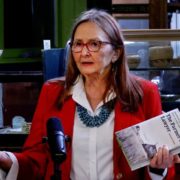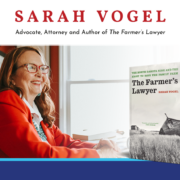Thanks to Tom Brosseau and The Great American Folk Show for bringing Sarah on to read a segment of The Farmer’s Lawyer!
Listen to the full episode on the Prairie Public website.
Episode and show information from The Great American Folk Show site:
The Great American Folk Show is a little place on the radio where we commune with you to share stories, sing songs, and talk to some good people with great voices.
Episode 87 features poet and songwriter Jake Gibbons, musician Lowell Larsen, North Dakota author Sarah Vogel, and a Dakota Diners visit to Tacos Garcia in Killdeer, ND. Plus, a visit with Notstock creators Laurie Geller and Bill Harbort, to preview this year’s Notstock festival in Minot.
—
The Great American Folk Show is written, recorded, and hosted by folksinger and songwriter Tom Brosseau, announced by Joe Wiegand, and produced by Prairie Public Broadcasting. Original instrumentation by Burkum Boys. Additional music by Sean Watkins. Special flyer design by DLT. Photo by Eric and Jackie Hylden.


